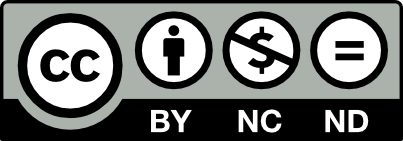ChatGPT as a Tool for Developing Paraphrasing Skills Among ESL Learners
DOI:
https://doi.org/10.24191/cplt.v11i2.2094Keywords:
academic writing; ChatGPT; paraphrasing; patchwriting; plagiarism; teaching and learningAbstract
Paraphrasing is a fundamental skill in academic writing, yet it is often considered challenging to master, particularly for second language learners. To address this issue, various tools have been developed to assist students in learning how to paraphrase effectively including generative artificial intelligence (AI) chatbots like ChatGPT. This article reports the findings of a study to assess the potential of ChatGPT as a virtual paraphrase tutor and analyze actual paraphrase samples from diploma students. Employing document mining and thematic analysis in a small-scale study, ChatGPT's capabilities were evaluated in three key aspects: (1) delivering clear explanations, (2) offering examples of both successful and unsuccessful paraphrases, and (3) enhancing students' initial paraphrased content through a series of prompts. The findings suggest that ChatGPT can be a useful resource providing examples and instant feedback on student paraphrases. However, students should be aware of its limitations such as generating improved paraphrases that constitute patchwriting and making mistakes in its explanations. It is important to use this AI-powered tool responsibly and ethically to avoid potential plagiarism risks and it should be viewed as a supplement rather than a replacement for human guidance.
Published
How to Cite
Issue
Section
License
Copyright (c) 2024 Ho Chui Chui

This work is licensed under a Creative Commons Attribution 4.0 International License.







